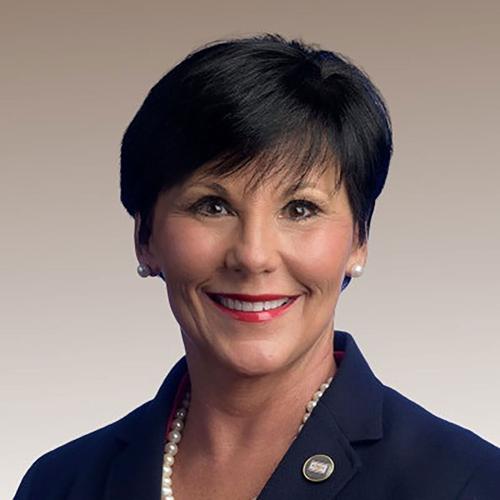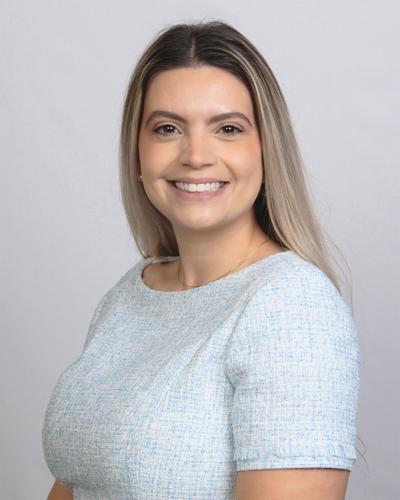For people pursuing a career in medicine, “moonlighting” has specific meaning. After they’ve completed medical school, graduates enter into residency for further, more hands-on training that varies in length based on their chosen specialization. After the first year, they can apply for a temporary license that allows them to work and earn money at the hospital while they finish the residency.
Those who graduated medical school outside the U.S. are not afforded the same opportunity to obtain that license in Tennessee. But thanks to a law passed by the Tennessee General Assembly earlier this year, international medical graduates will soon have the chance to moonlight, just as American-educated students do.

State Rep. Michele Carringer (R-Knoxville)
State Rep. Michele Carringer (R-Knoxville), the bill’s co-sponsor, tells the Scene the idea for the legislation was brought to her by a constituent. It’s now set to go into effect in January — delayed from July to allow the Board of Medical Examiners and the Tennessee Department of Health to establish rules around the law.
Carringer also co-sponsored a bill this year cracking down on undocumented immigrants. That legislation, which passed, received pushback from the nonprofit Tennessee Immigrant and Refugee Rights Coalition.
“I support and am grateful for the many legal immigrants who come to Tennessee,” Carringer tells the Scene in a statement. “Any [international medical graduate] who comes to practice medicine in Tennessee currently has to be here on some sort of legal statute (work visa, green card, etc.). HB2124 would not change that. I would also like to add that many IMGs are American citizens, who attended medical school outside of the U.S.”
Dave Chaney, executive director of the Tennessee Academy of Family Physicians, says when his organization lobbied for the IMG bill at the Tennessee General Assembly this year, they were sure to point out that the law would also affect those who were born in the United States, but completed medical school abroad.
He also says the change can help with physician shortages and make Tennessee more attractive to students looking to start their residencies. Neighboring states already allow moonlighting for international medical graduates.
“We have been losing good doctors to other states,” Chaney says.
Medical students often stay in the area where they completed their residency. In Tennessee, about 47.5 percent of students stay after residency, regardless of where they completed school, according to data from the Association of American Medical Colleges.
The average first-year resident physician makes about $60,000 per year. Some international medical graduates are forced to leave the profession entirely or remain underemployed because they don’t have the ability to earn money while they get recertified here.
Chaney says the most important aspect of moonlighting is additional experience, but it also allows for extra income for survival, paying off medical debt and putting down roots in Tennessee.
“We want to get doctors in at the point in their career to keep them here, so we can build up our physician workforce,” he says.

Victoria Yibirin
Victoria Yibirin is someone who could benefit from the law, having just finished her first year of residency in family medicine in Nashville after completing medical school in Venezuela. She would like to put down roots here after fleeing her country due to violence.
“There are so many mixed backgrounds here in Nashville,” she says. “We have people from every part of the world. I love that. I love working with people with multicultural backgrounds and being able to also stay in touch with the Hispanic population. Everyone has been so receptive, and the culture is so nice and friendly. … My plan is to hopefully stay here, land a job and be able to stay after graduating.”
Yibirin says this change in law is a step in the right direction, though IMGs face additional challenges compared to their American-educated counterparts. They must have strong skills in English, often their second language, and find a willing sponsor for their visa. Those who are further past medical school have a tougher time finding a willing residency host, though a law passed in 2023 allows certification for those who have practiced for three or more years abroad. It’s a long and tedious process, she says, but it’s valid. If an American doctor has to do it, she should have to do it too.
“I think it’s a good way of helping the low rates of medical doctors that we have right now,” she says. “I think it’s going to be a good way to fill in those spots. I’m very curious to see how the process is going to be.”




